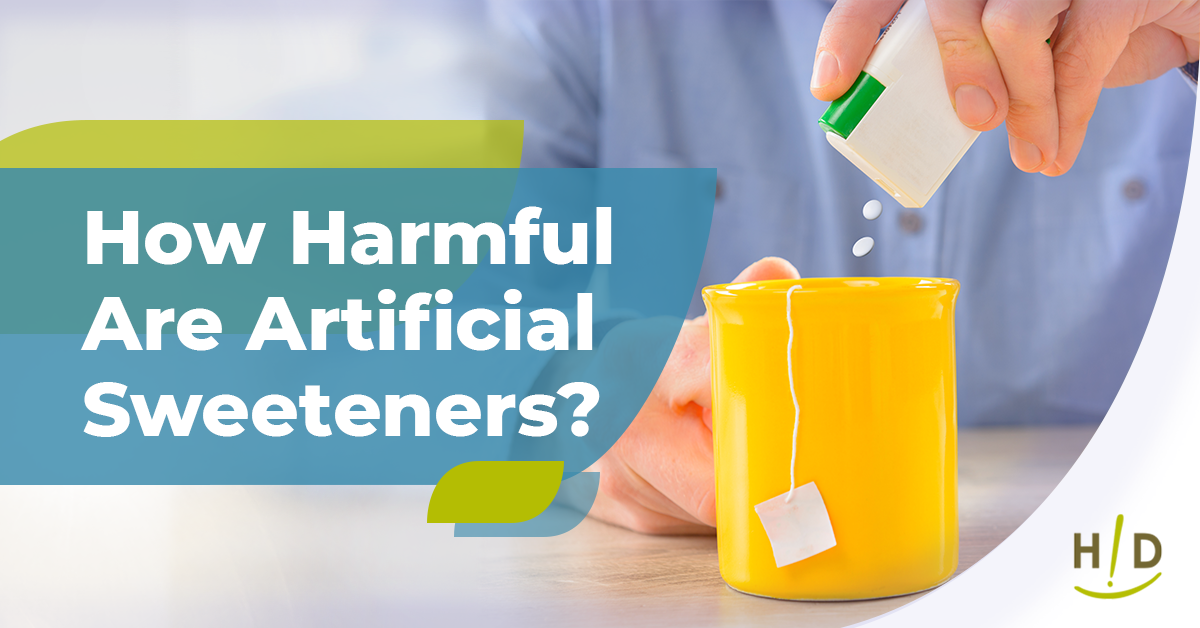If you use artificial sweeteners, you've likely done so with the intention of making a smarter choice - you know that refined white sugars are bad for you, leading to weight gain, liver damage, metabolic dysfunction and more - so an artificial additive is the next best option. Unfortunately, artificial sweeteners are more harmful than you think. Let's take a closer look at some of the threats these sugar substitutes can pose on your overall health and wellness.
Are Artificial Sweeteners Better Than Sugar?
"Health experts" and manufacturers have convinced you for years that artificial sweeteners are a healthful replacement for refined sugars, but that's certainly not the case. Aspartame, a chemical used as a sugar substitute for many popular artificial sweeteners, is composed of phenylalanine and aspartic acids, according to Dr. Mercola. These two amino acids are harmless when they come from unprocessed foods, but when they go through a chemical manipulation, they can confuse the body and wreak havoc on your system. Some of the immediate side effects of consuming aspartame include:
- Headaches
- Mental confusion
- Dizziness
- Seizures
- Change in vision
- Insomnia
- Hallucination
- Nausea and vomiting
- Hives
- Change in mood
- Convulsion
- Change in heart rate
- Abdominal cramps
- Rashes
- Fatigue
- Diarrhea
- Joint pain
Unfortunately, one may even gain weight while using artificial sweeteners. As much as they claim to be a low-calorie, sugar-free or diet option, the phenylalanine and aspartic acid in aspartame stimulate the release of insulin and leptin, two hormones that direct your body to store fat. Phenylalanine can manipulate your leptin levels, the hormone that lets you know when you're full. This can ultimately lead to heightened sweet cravings, thus leading to weight gain.
Replace Artificial Sweeteners With Natural Options
After all is said and done, it's in your best interest to avoid any type of artificial additive that will spruce up your meals or beverages. Relying on the natural sustenance that God provided is the easiest way to ensure your health while you curb sweet cravings.
"Whether the studies are available or not, it takes common sense to recognize that only whole, unprocessed foods are what the body can use without harm and artificial sweeteners are not considered whole foods,"
- Unravel the Mystery by Ann Malkmus
With that said, raw honey, unsulphured molasses, stevia and organic maple syrup can make healthful, delicious substitutes. Consider these options as you follow a primarily raw, plant-based diet that's loaded with natural sustenance and free of artificial sweeteners and processed foods.






